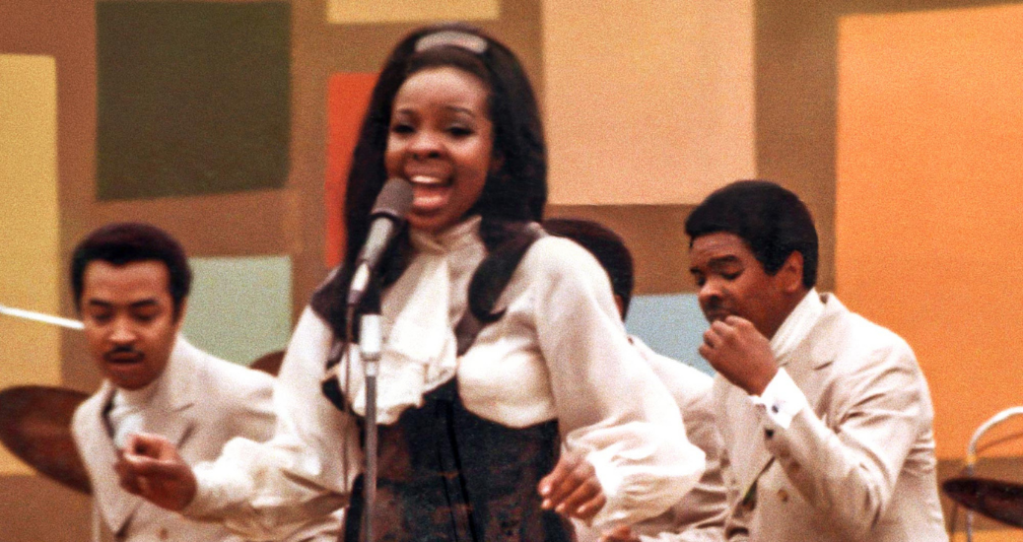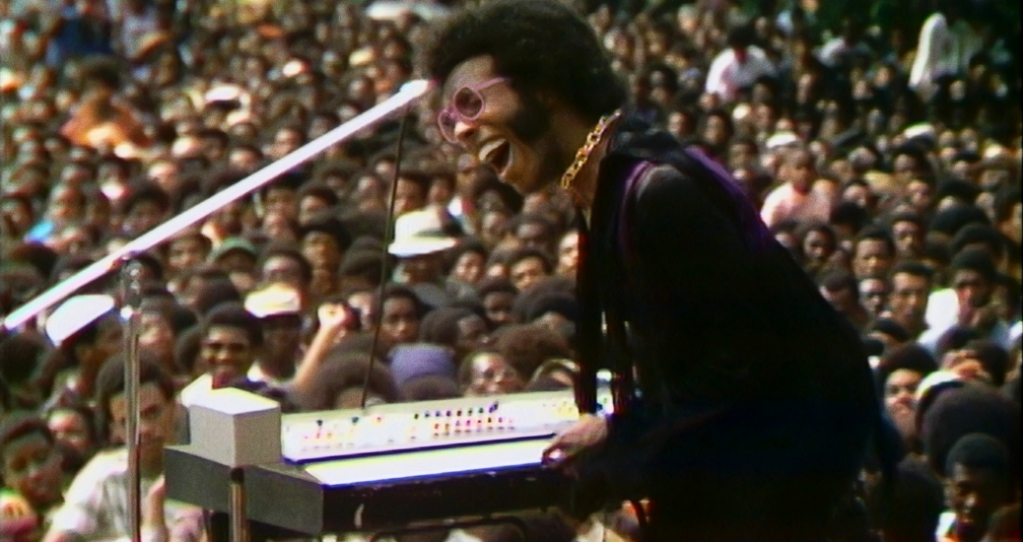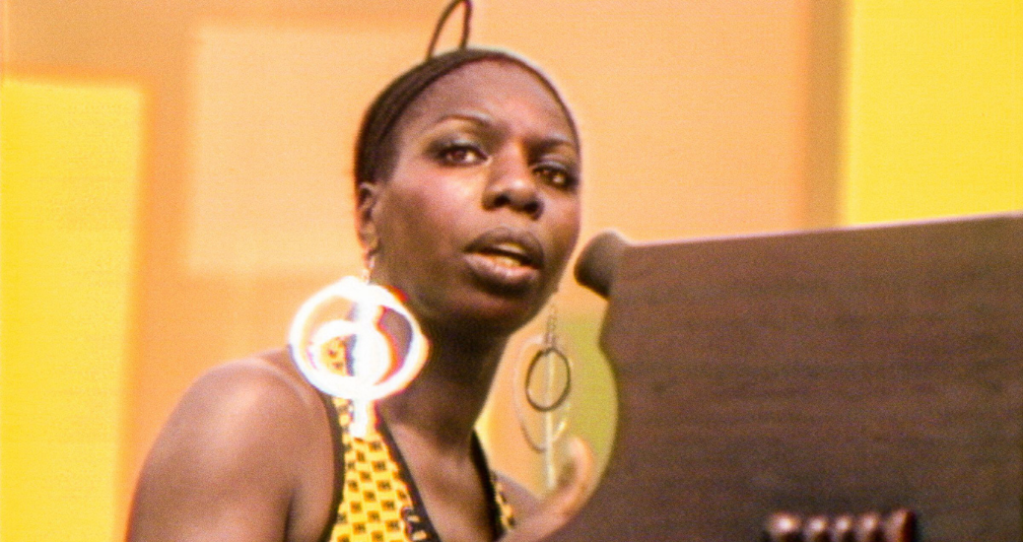Probably not necessary but I feel I should preface this review with the disclaimer that I’m not very good at deconstructing documentaries. Most of the time I just appreciate learning something I didn’t know before and as long as it’s well researched, I’m happy.
This week’s pick is different to the kind of factual content I usually consume, which is of course true crime because I am a middle-aged white woman – but despite this, I can appreciate what it must mean to many people and what an important part of Black history it really is. And it was almost never seen, which is just crackers to me.
Summer of Soul btw is the proud winner of multiple awards including Best Music Film at the Grammys and Best Documentary Feature at the Academy Awards. Not too shabby, eh?

So, come with me now back to the Summer of 1969…
Gladys Knight: It wasn’t just about the music.
Summer of Soul (2021)
Documentary about the legendary 1969 Harlem Cultural Festival which celebrated African-American music and culture and promoted Black pride and unity.
Directors: Questlove
Starring: Ethel Beatty, Al Sharpton, Barbara Bland-Acosta
*Spoilers*
During the Summer of 1969, over six Sundays between June 29 and August 24, Mount Morris Park in Harlem played host to the Harlem Cultural Festival. While the event was filmed in real time, the footage never saw the light of day until it was resurrected for this very documentary, 50 years after the fact.
Blended with stock news articles from 1969 as well as modern-day interviews with real festival goers and musicians, Questlove paints a vibrant picture of what it might have been like to be in attendance – and exactly what it meant to the Black community and Black history, which is all too often erased or omitted from the text books.
The far better known Woodstock festival actually took place on one of the Harlem weekends and received all the press – hm – despite massive attendance at Morris Park and the line-up of hugely impressive performers, including Stevie Wonder, Nina Simone, The 5th Dimension, Gladys Knight & the Pips and Sly and the Family Stone. As such Harlem became known as Black Woodstock which seems like lazy journalism to me, but okay.

Just a year earlier, Dr. Martin Luther King had been assassinated, which saw a spate of violent riots rip through Harlem – as well as a campus occupation at Columbia University protesting the building of a racially segregated gymnasium in a nearby park. Club singer Tony Lawrence had the idea to put together a series of concerts to celebrate the Harlem community and maybe dissipate some of the unrest.
Managing to convince the NYC parks department to allow him to host the event, he also called in the support of Mayor at the time and Black rights advocate, John Lindsay. While the programming was designed to showcase an array of Black music, from Jazz to Motown, pop and gospel, police presence was kept to a minimum and actual Black Panthers kept an eye on the crowd, sometimes from the trees.
While the music is stunning and speaks for itself, we hear from festival goers who have been moved by previously unseen footage to revisit their memories of that Summer and what it meant to them. Many of those interviewed were just children at the time and it’s pleasing to hear them acknowledge that it wasn’t all just a beautiful dream after all.

My thoughts
I don’t feel qualified enough to go into the musical side of this, however the richly eclectic program really does have something for everyone. A 19-year-old Stevie Wonder absolutely smashes the drums while a present day narrator, that may have been Chris Rock, praises the risks he took in his career. Nina Simone commands the crowd seemingly effortlessly and, by way of a poem, asks the crowd if they’re ready to fight.
5th Dimension recount us with the taunts that told them they weren’t black enough back then and that their sound just wasn’t cool – and how this gig allowed them to find themselves again which is beautiful.
Probably my favourite part was when some of the crowd were interviewed about Neil Armstrong’s moon landing which happened during the Harlem festival. One gentleman states he couldn’t give a shit while others ponder why the money couldn’t have gone into tackling the very real problems back on Earth. My sentiments exactly.

Most of the reviews I’ve read mention the gospel performances and there is a religious strain to a lot of the music. While this is interesting in itself, I did find myself zoning out a little bit when the discussion turned to the dissolution of faith in the youth at the time. So much shit was going on off the back of the Vietnam war and multiple assassinations, it seems only logical. I can however understand how music can be powerful enough to close the divide and inspire a new generation.
All in all this was a moving, multi-layered slice of magic that I have paid almost no justice to with my thoughts. Again, documentaries always feel a little like homework to me (unless they’re about heinous murder) but I know this is simply my own blocker. I enjoyed learning about this momentous event and absorbing some of the atmosphere secondhand via the medium of these rescued tapes.
– Genres: Music ∙ Documentary
– IMDB user rating: 8.0
– My score: 3.5/5
– Runtime: 118 mins

One thought on “Summer of Soul (…Or, When the Revolution Could Not Be Televised) review”